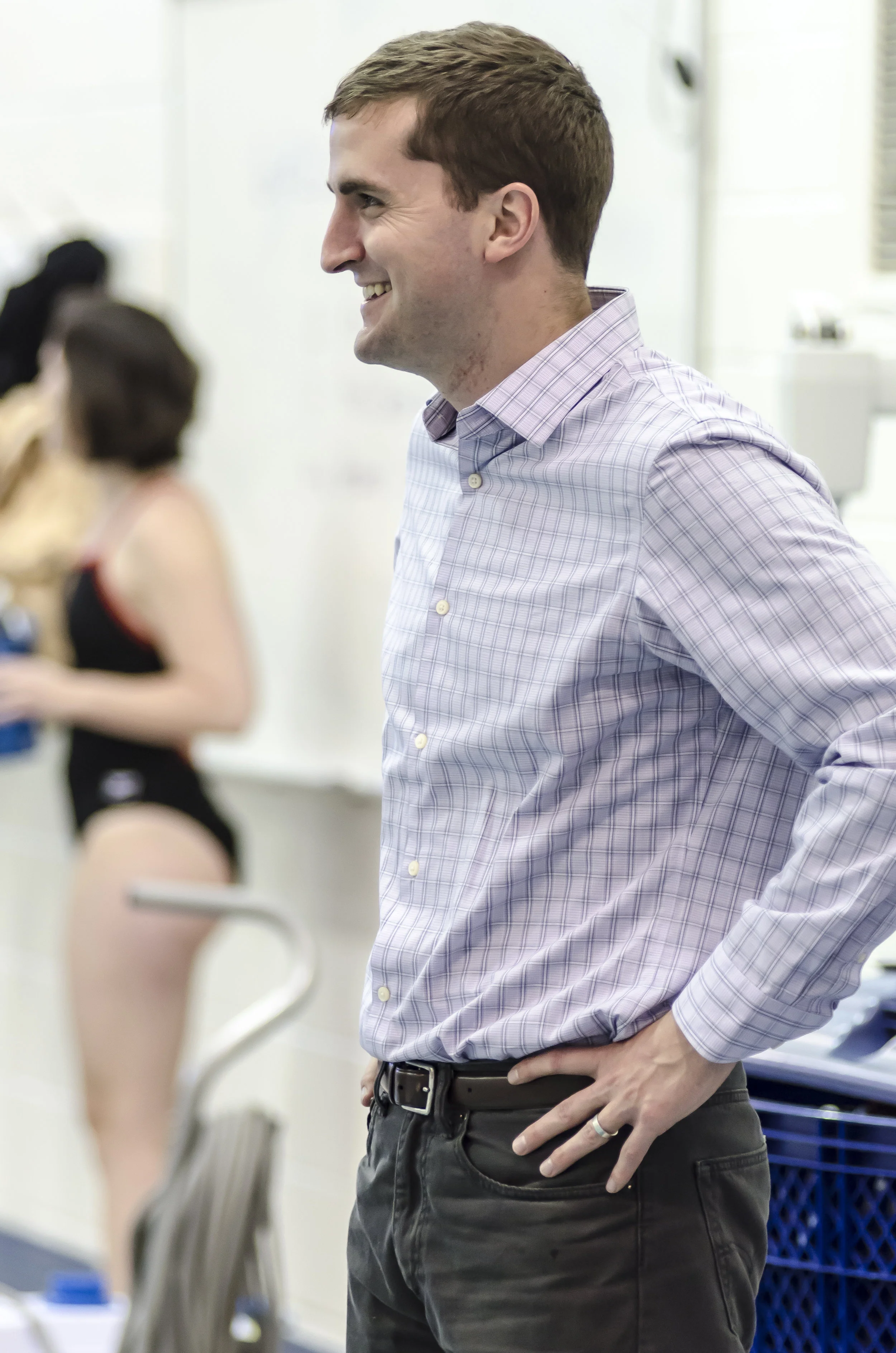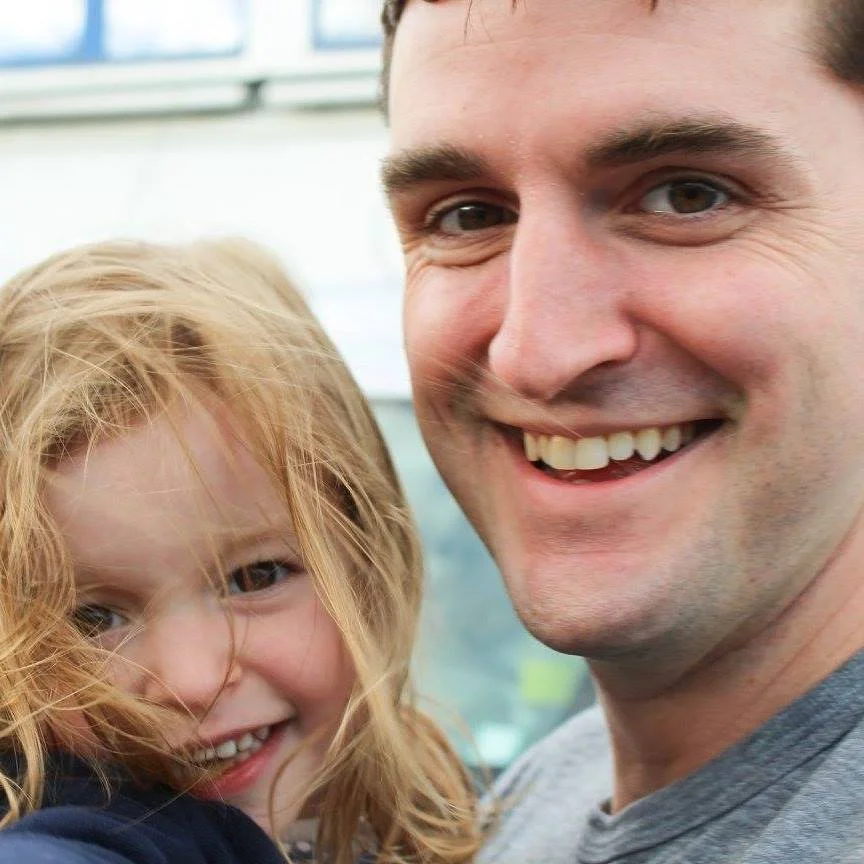There were little bite sized bits of avocado strewn on the plate. Occasionally, Olivia would poke at one before making a hasty retreat.
"it's icky" she said. She eats avocado almost every day.
"I don't like it." She whined. I took a big inhale, and got down on my knees next to her chair. I spread my arms wide and her head slumped on my shoulder.
We hugged and she started to cry. I squeezed a little tighter and she wrapped her little arms around my neck. After a few minutes of crying she conceded:
"I'm tired daddy".
"I know". I replied. "And I love you very much, and I'm going to help you to go to sleep after dinner". I had disengaged from the hug with this sentence, and I was looking her in the eyes.
I sat back down in my chair. Her fork pierced an avocado, and she gingerly lifted it to her mouth. Within minutes, her plate was clean.
We're not so different, you and I
This may come as a surprise to some, but it turns out children are also human beings. There's a lot of advice out there about what to do specifically with "kids" as if they are some foreign species.
Since my daughter was born in December 2013, every hour spent with her I've learned a lot more about coaching than I ever would have spending the same time on the pool deck. While it would be impossible for me to list all the things I've learned in that time, here are some of the big ones.
1. Trust comes before fun- One of the things little kids love to do (especially with Dads) is get tossed around. Olivia likes to be tossed in the air, or tossed on the couch. My physical fitness cannot keep pace with her desire to these sorts of things.
As an adult, we might not find it so fun to be tossed into the air. But she is confident that nothing bad will happen to her. She trusts me to throw her into a soft landing on the couch, and to always catch her in mid-air. Because of that trust, she is able to let go and just have pure, uncut fun.
All coaches want their athletes to have "fun". But do they trust you? Do they trust the people around them? Without trust, fun is pretty hard to come by.
2. People's "Problems" Are Almost Always a Rationalization
Let's return to the uneaten avocado. Olivia did not want to eat the avocado because it's "icky". But it turns out the real problem was that she was tired and feeling overwhelmed. When she was able to express that and get support, she could return a calmer emotional state and eat the avocado.
No amount of "but you love avocado!" or "eat your avocado, or else!" would have helped in this situation. As a coach, pay attention to the "problems" you are presented with by athletes. They may complain about a teammate or something specific that happened at practice.
Too often we coaches focus on rationally fixing a problem, instead of keying into the emotional state of the athlete. Are they feeling sad, angry, or overwhelmed? How can we convince them that as their coach, we acknowledge how they are feeling and can help them?
3. It doesn't matter if you're right if the other person isn't hearing you
One of the most frustrating things you can hear a coach say is "well, I told [the athlete], but they did it anyway."
Parenting will put you in a lot of situations where your well-intentioned, reasonable advice goes unheard. You will think you have communicated clearly when you have not.
With a toddler, you will tell them something many times before you get through. It is not ok to throw your hands up after a few attempts and say "well, I told her". You keep trying and find a way to communicate that works.
Perspective
More than anything, becoming a parent has given me more perspective on coaching. I love swimming and I love coaching it. I love to watch people go fast, lead good lives and succeed academically.
But I love my wife and my daughter more. On the most disappointing or frustrating day of coaching, I know it's not the end of the world.


